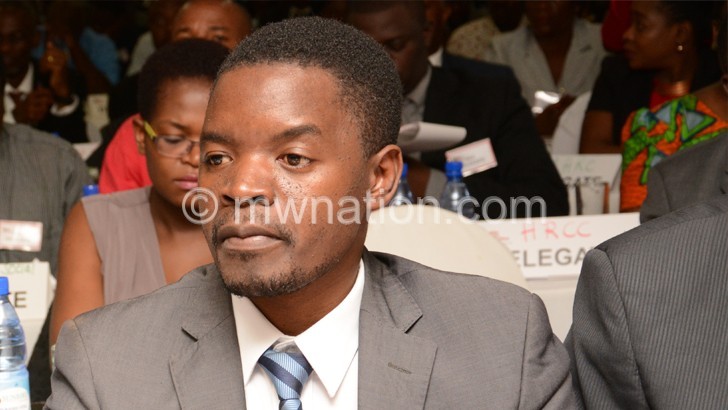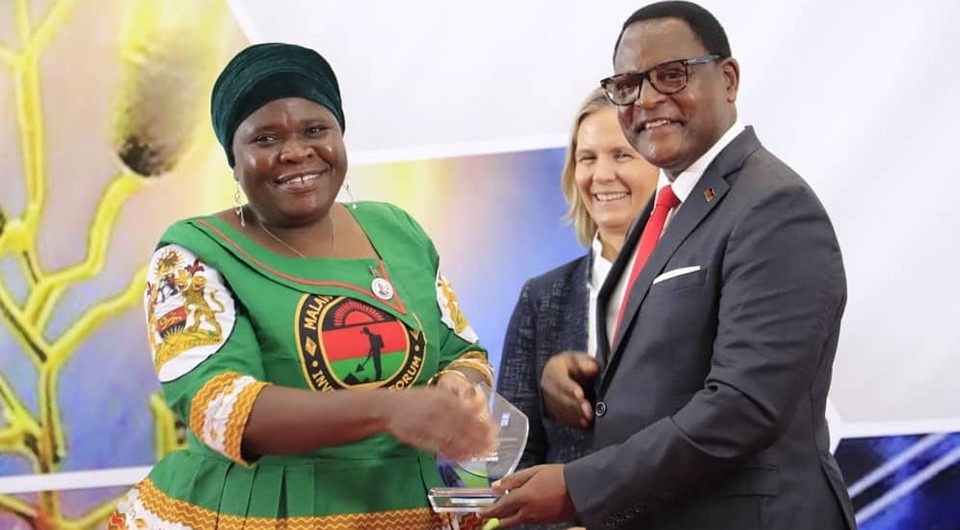Political and legal experts have advised political parties to carefully bargain and agree on trusted electoral alliances ahead of the September 16 2025 General Elections to avoid getting raw deals.
Speaking in separate interviews yesterday amid lack of a binding legal framework on electoral alliances or coalitions, political and legal pundits argued that regulating alliances would cost the country heavily and create unnecessary chaos. They said the best way forward is for political actors to handle the matters in earnest.
Bamusi: Parties should share agenda
Governance expert George Chaima said while it is a tall order for a single political party to win elections with the 50-percent-plus-one majority, there is no absolute way a party can take to bargain or enter into pre-election deals without a guiding law.
He said: “Most political leaders are dishonest and their words cannot be relied upon. Any gentleman’s agreement becomes self betrayal.
“It would work better if agreements would be sealed through acceptable legal routes which cannot be disputed by either party.”
Political scientist Mavuto Bamusi, in a separate interview, said the parameters to support such agreements should include ideological or common development policy agenda for a unified campaign.
He said: “Parties must also look at development programmes that meet geographical and regional balance while satisfying interests of all population groups but also fair distribution of ministerial/Cabinet positions and other key roles, once elected to govern.
“Secondly, parties should address the tendency towards elitism where parties are captured by small in-groups that have weird influence because of their financial powers, tribal connections, and family ties.”
On the other hand, electoral and identity politics expert Ernest Thindwa said in a presidential system such as Malawi’s, unlike in parliamentary democracy, parties should consider any agreement for electoral alliances as informal, private and not enforceable by law.
“Ideological distance or proximity would have been another parameter to consider but our inter-party competition is not driven by the ideology contest, but the quest for power, dominance, fame and prestige at all cost,” he said.
Private practice lawyer Justin Dzonzi agreed that lack of a governing legal instrument was a challenge, but argued that it was an area where the legal profession should not intervene, rather leave it to politicians.
He said: “It is up to the parties to contract whatever terms are acceptable to them. This also means the alliances do not have specific legal protection, but the terms agreeable by the parties can be enforced the same way a contract can be enforced.”
Dzonzi said coalition governments create weak administrations and compromise delivery which largely harm the citizens more.
Recently, Malawi Law Society president Patrick Mpaka said alliances seem to be largely an advancement of selfish interests rather than the collective wishes of the people.
The post Parties tipped on electoral alliances first appeared on Nation Online.
The post Parties tipped on electoral alliances appeared first on Nation Online.
 Moni Malawi
Moni Malawi 

